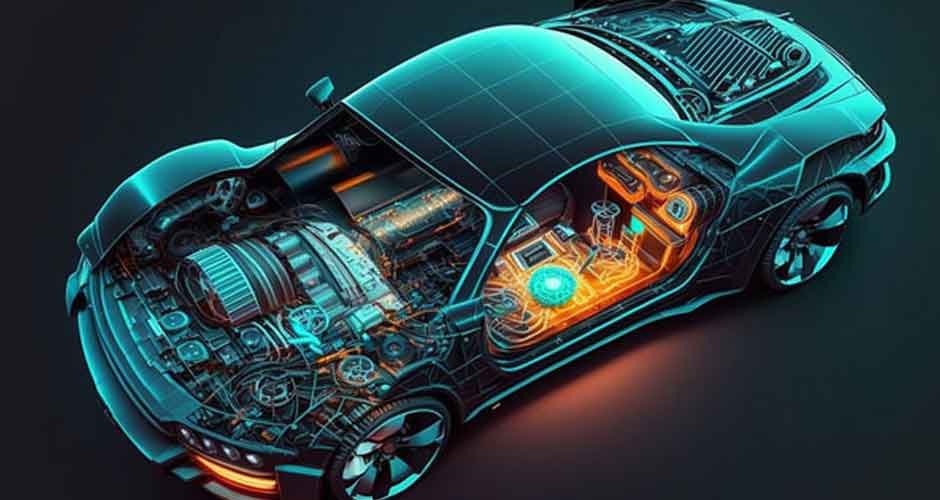The automotive industry has rapidly evolved over the last few years, thanks to the innovative technology that is continuing to create a smooth and seamless driving experience for all.
With an ever-changing world, the industry must remain up-to-speed with the latest and greatest technology on the market.
Artificial intelligence (AI)
AI technology has had a significant impact on the automotive industry and continues to do so. Providing an innovative advantage in manufacturing, AI contributes to the overall vehicle design process and helps to develop various driver assist programs, as well as autonomous driving.
With the utilisation of machine learning algorithms, AI can help vehicles navigate the roads without the need for human intervention. Not only can this help to make the driving experience safer, but it can help reduce traffic congestion and create more accessible vehicles for those who are typically unable to drive.
Integrated software
Software-driven electric vehicles are challenging the traditional original equipment manufacturers. Advanced software development plays a key role in autonomous driving and continues to provide pioneering technology for the industry.
Examples of integrated software include 3D printing for prototyping and PCB design software for computer integration.
Internet of Things (IoT)
IoT is prevalent in the connected car; a vehicle that is integrated with an internet connection through a Wireless Local Area Network (WLAN). The connected car utilises various components, such as sensors, cloud storage and smart applications to create a coordinated system.
IoT automation transmits and receives information, creating a safer, smarter and smoother driving experience. Connected cars feature embedded sensors to detect potholes and sharp turns, and provide the driver with real-time traffic insights to help them choose a quicker route to their destination.
Human-machine interfaces (HMI)
HMI technology allows drivers and passengers to interact with both the vehicle and the outside environment. This solution helps to improve the overall driving experience, offering voice-enabled infotainment, multi-touch dashboards, and control panels.
HMI ensures the vehicle’s ecosystem is interconnected, ensuring various parts work together to create a personalised, adaptive and convenient drive for all. You’ll find the HMI technology used in heads-up displays, digital instrument clusters, rear-seat entertainment and driving monitoring systems.
Electrification
With the auto industry seeing a transition to electric vehicles, the manufacturing process appears to have become more straightforward and streamlined. With fewer parts and less maintenance required, there is now a need for more resources in battery production.
Battery technology enables electric vehicles to be more efficient, long-lasting and affordable to run. Plus, the significant impact the EVs play on the environment is a great step forward in the reduction of air pollution and the combatting of climate change.






